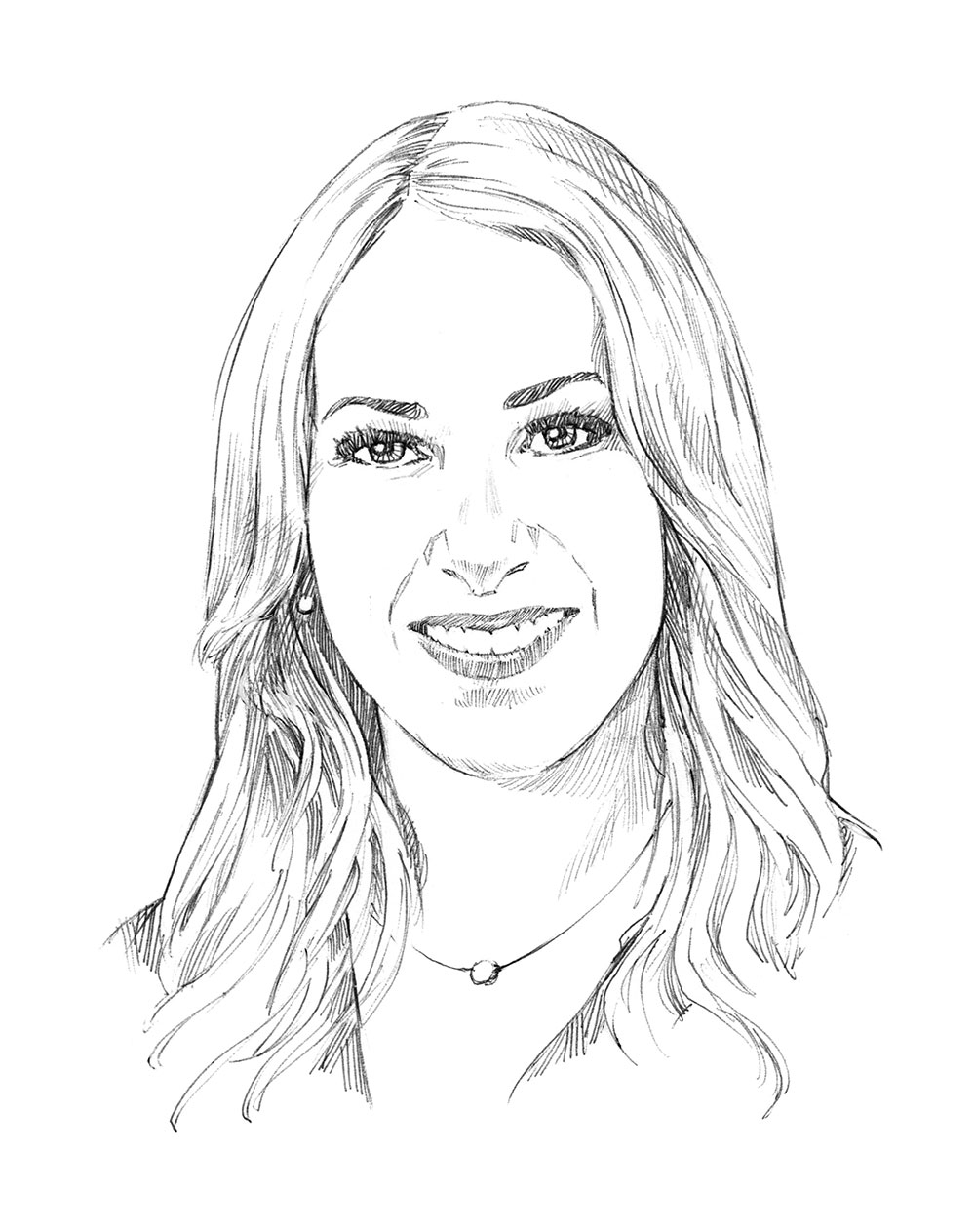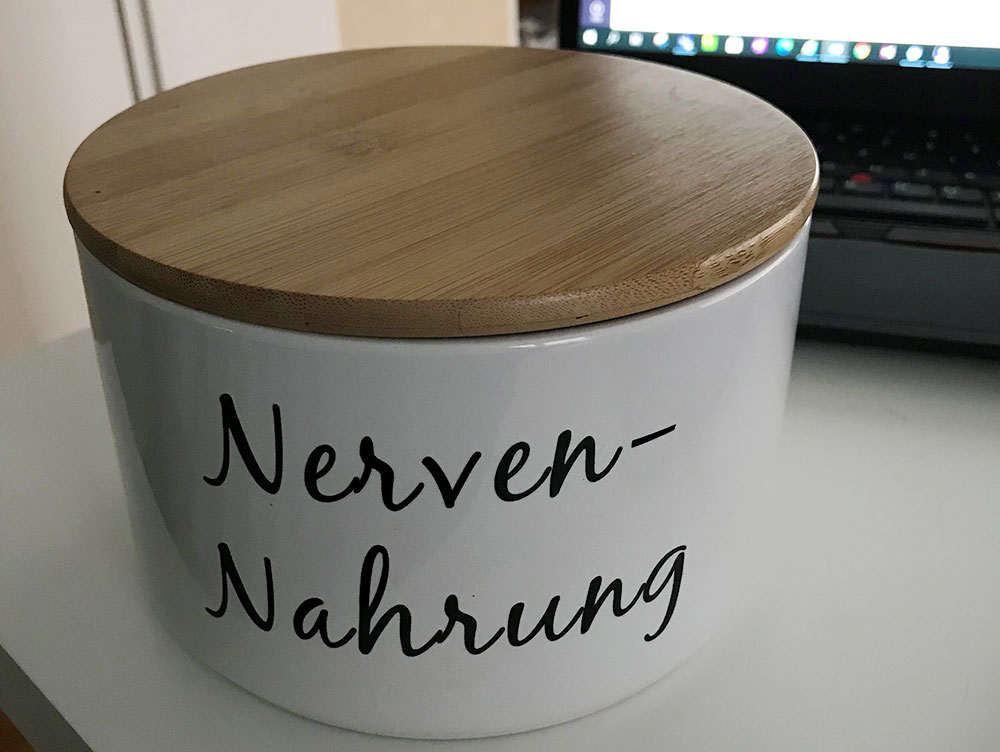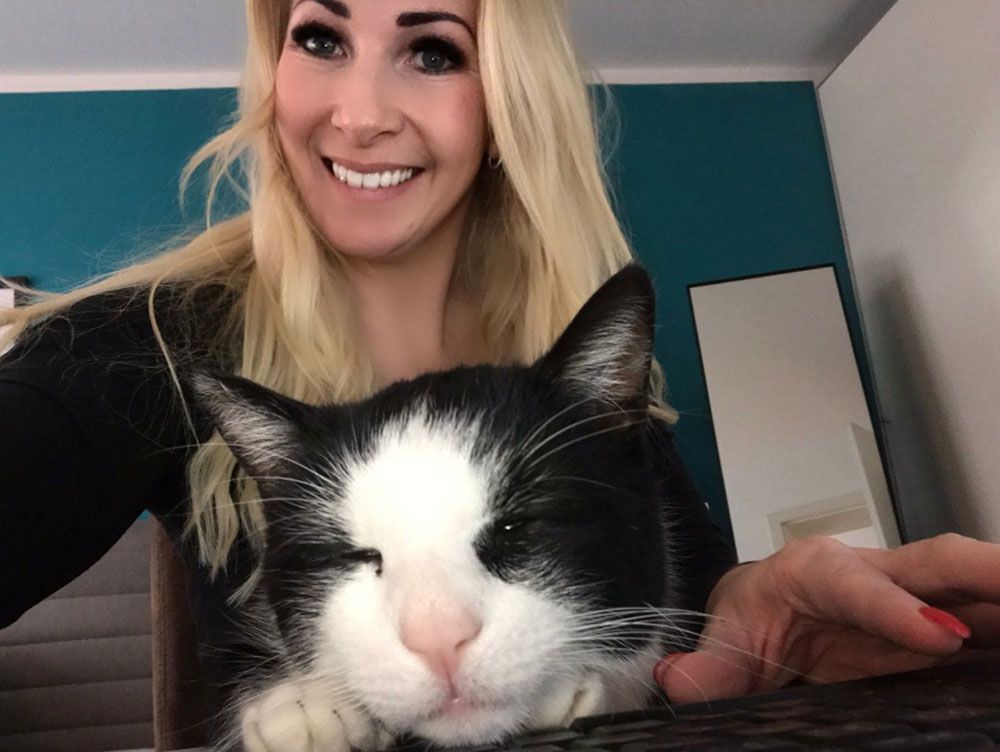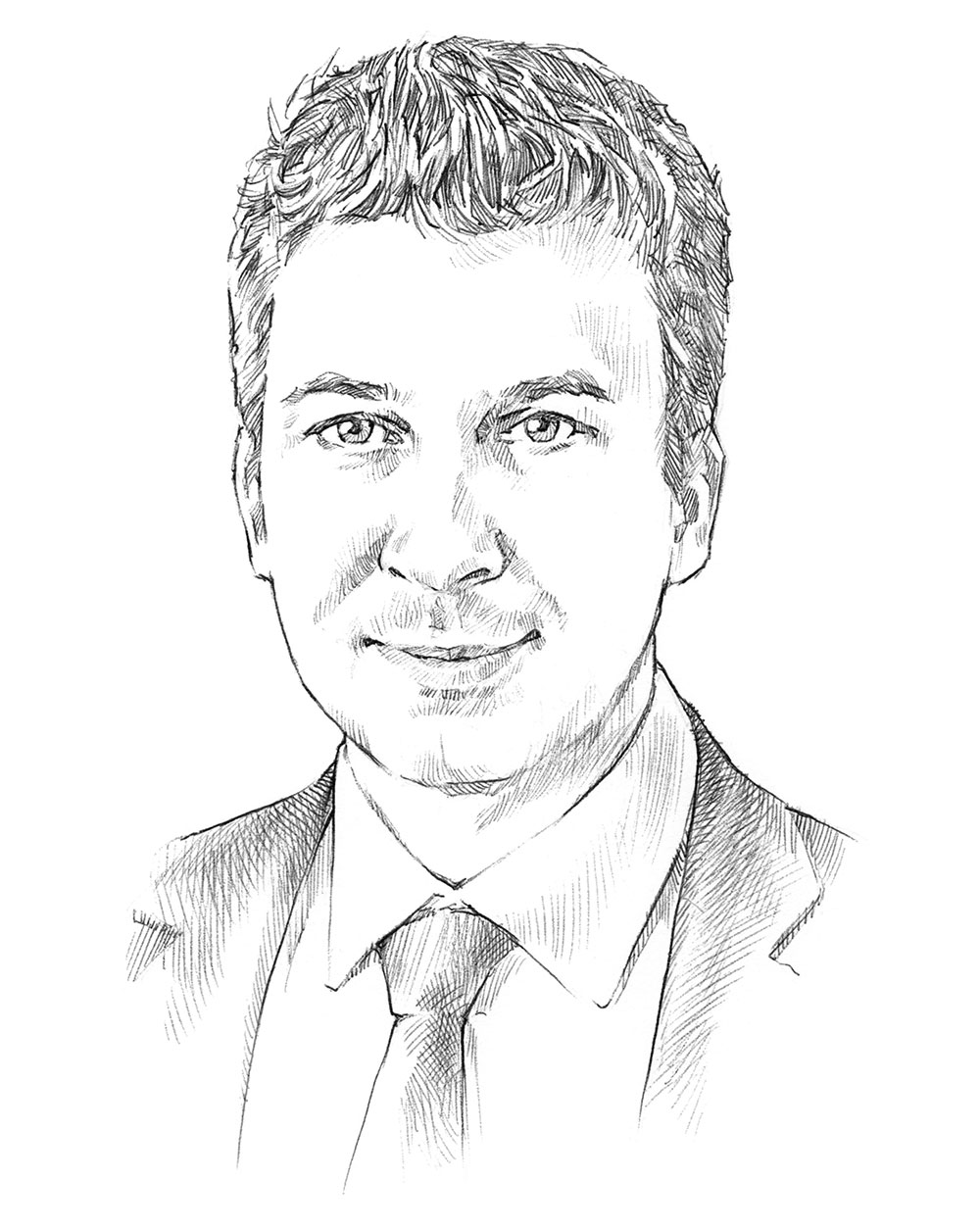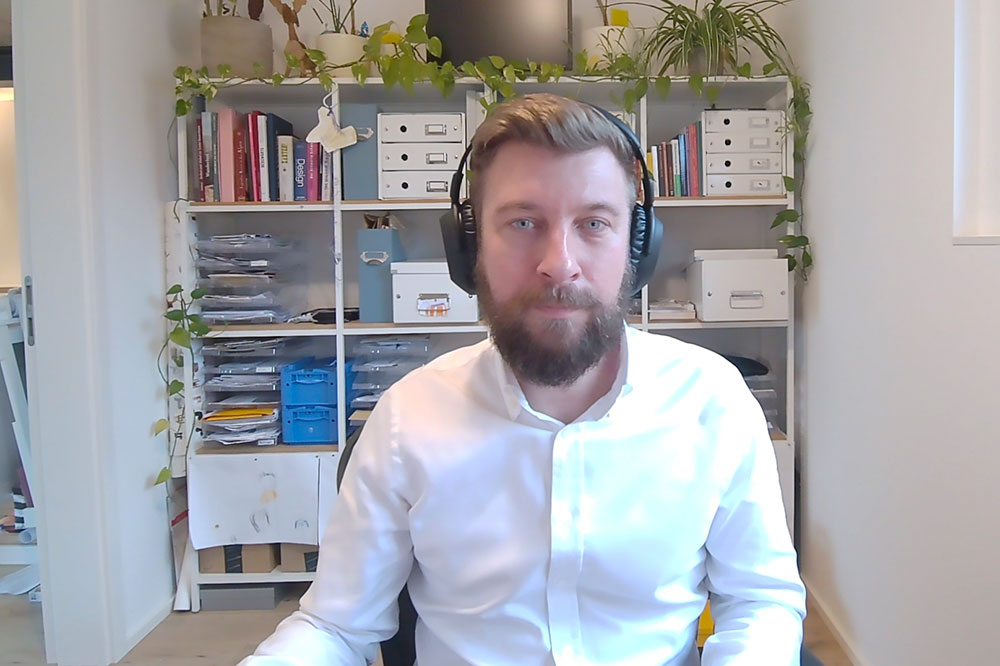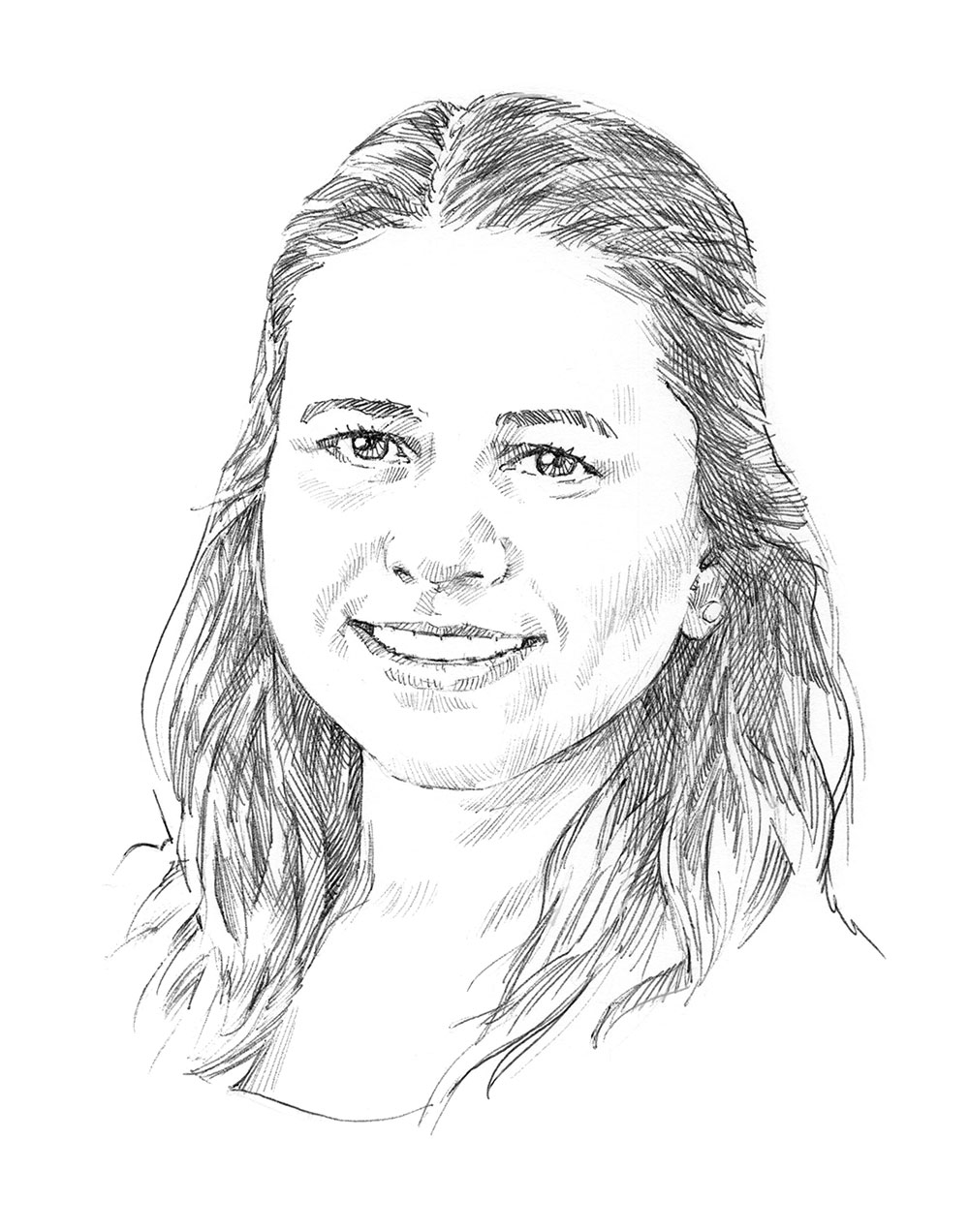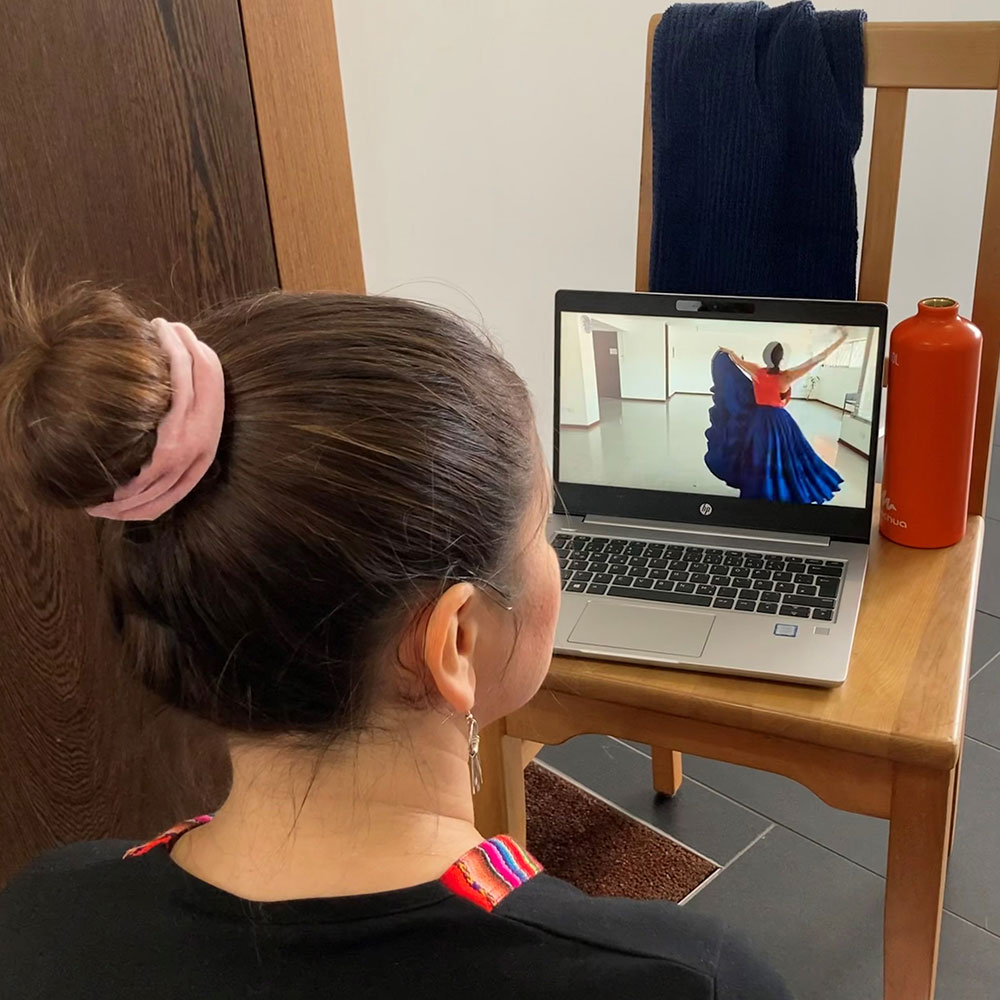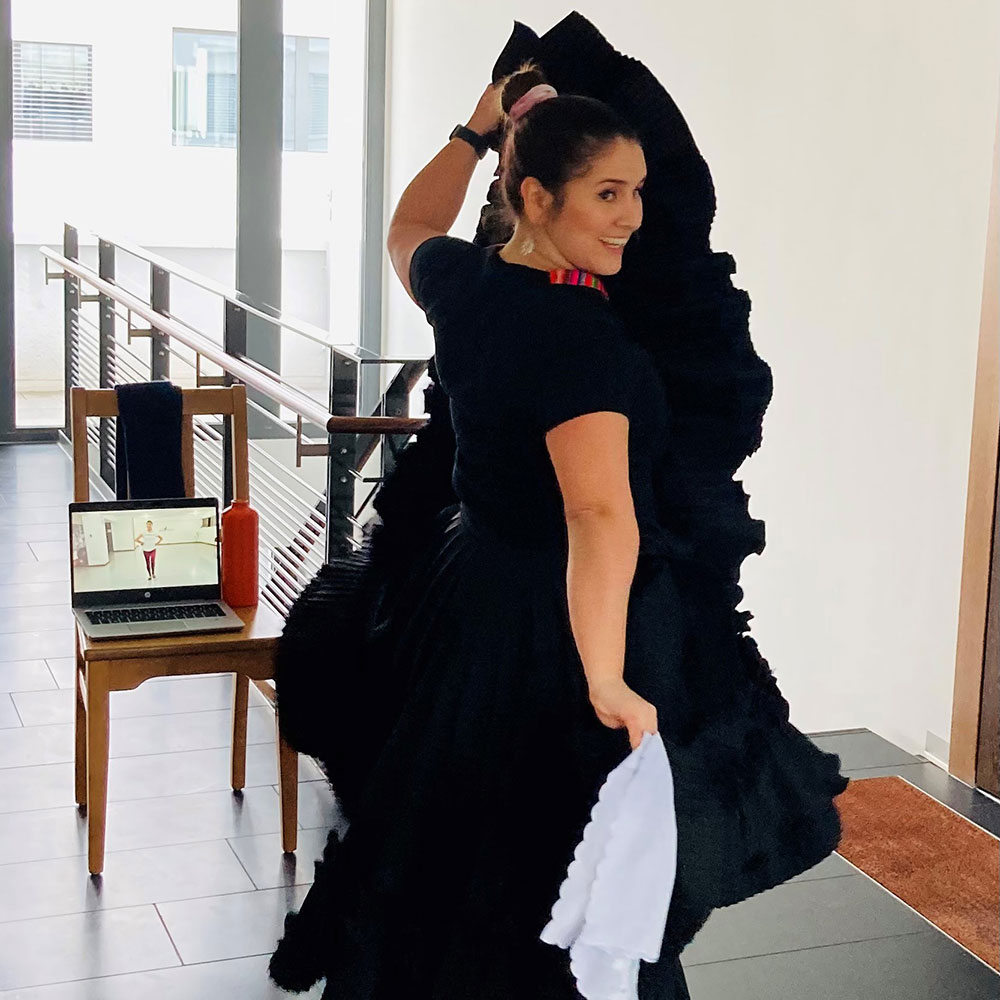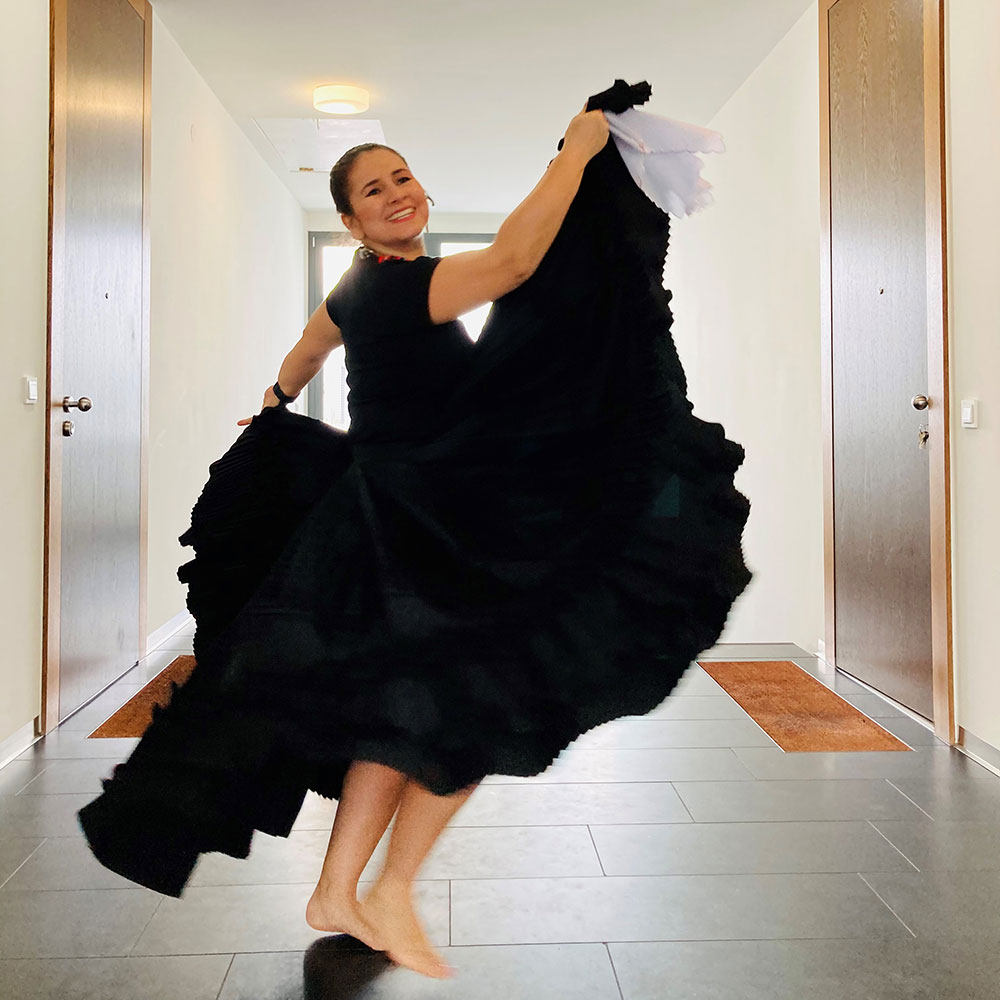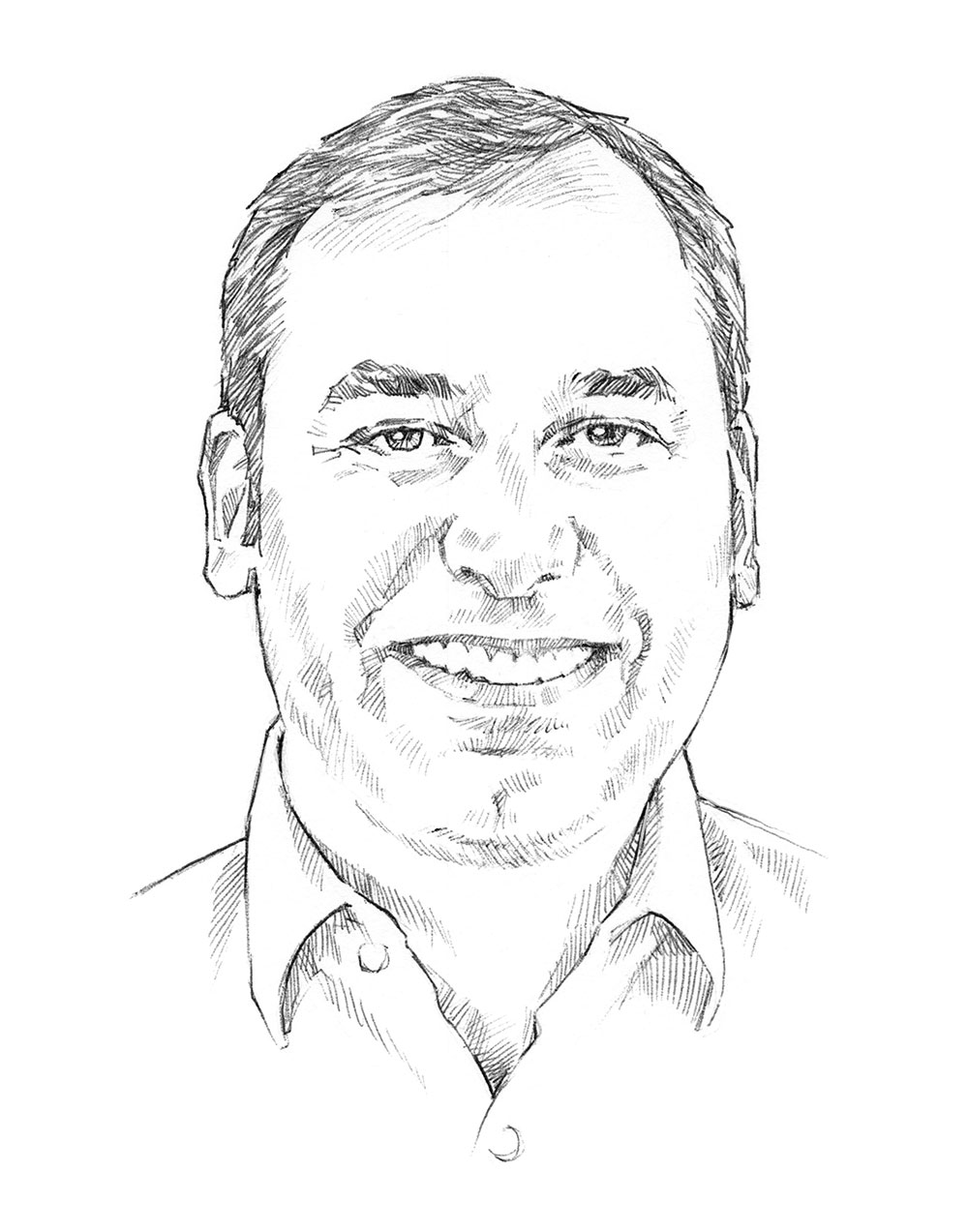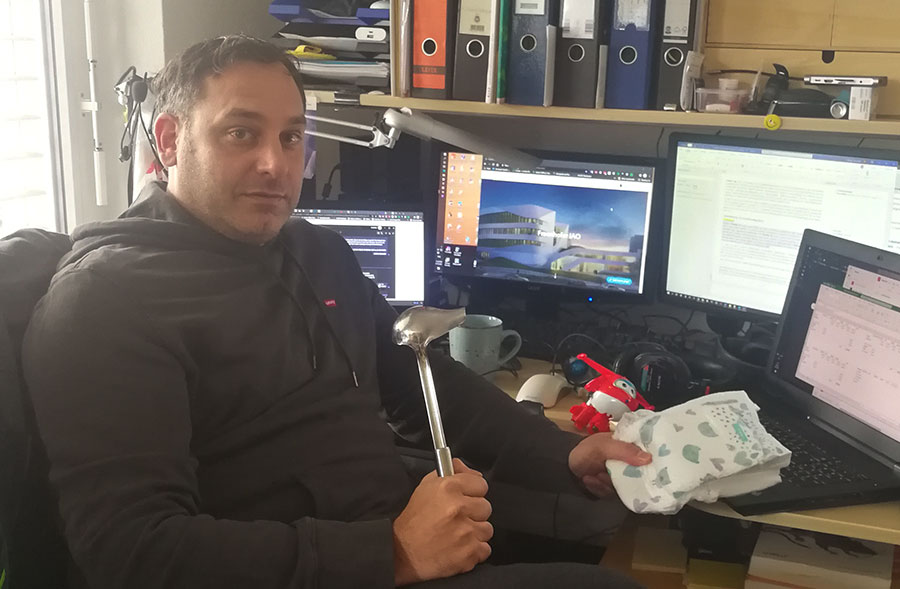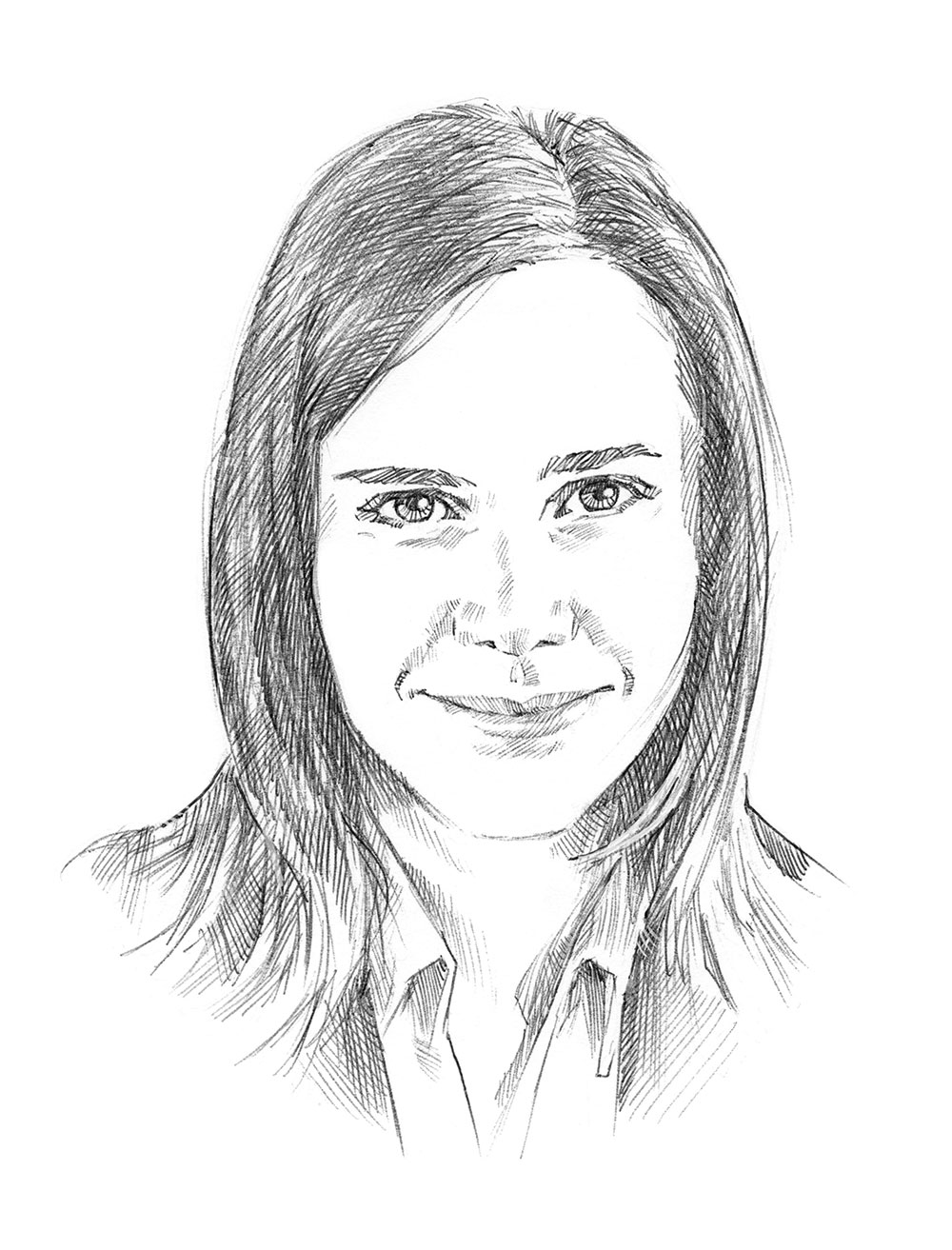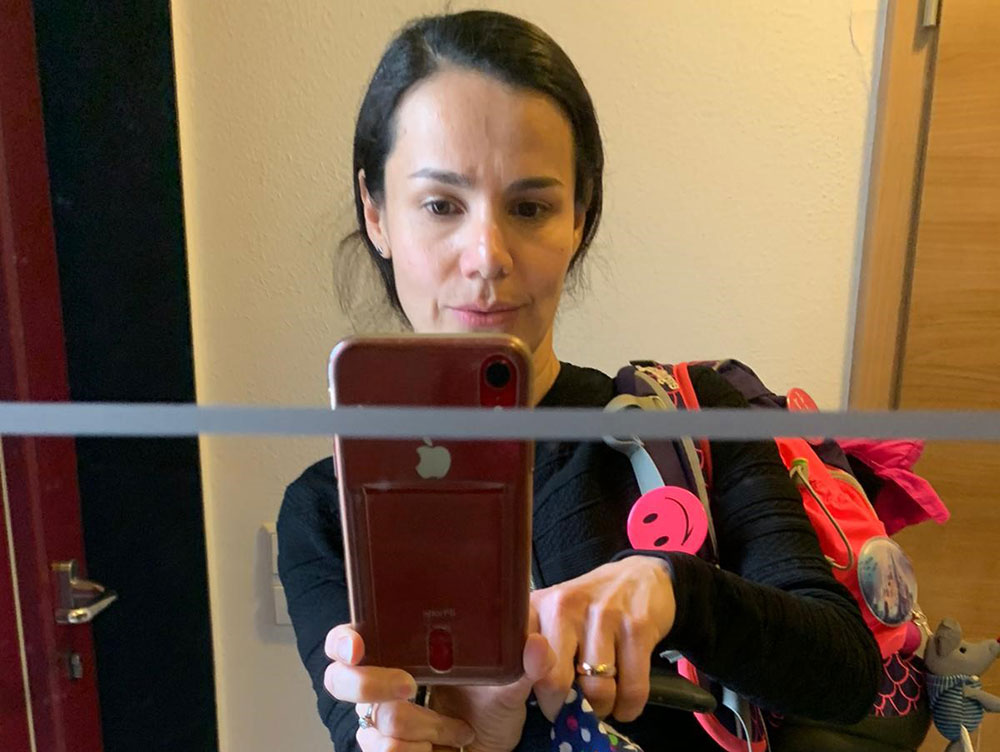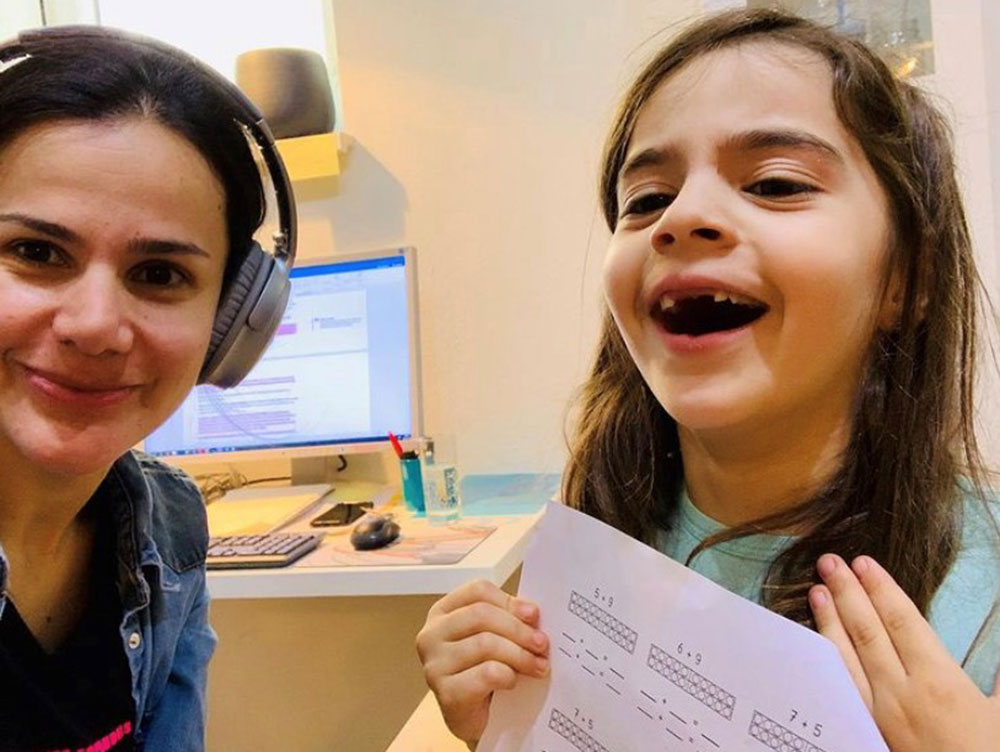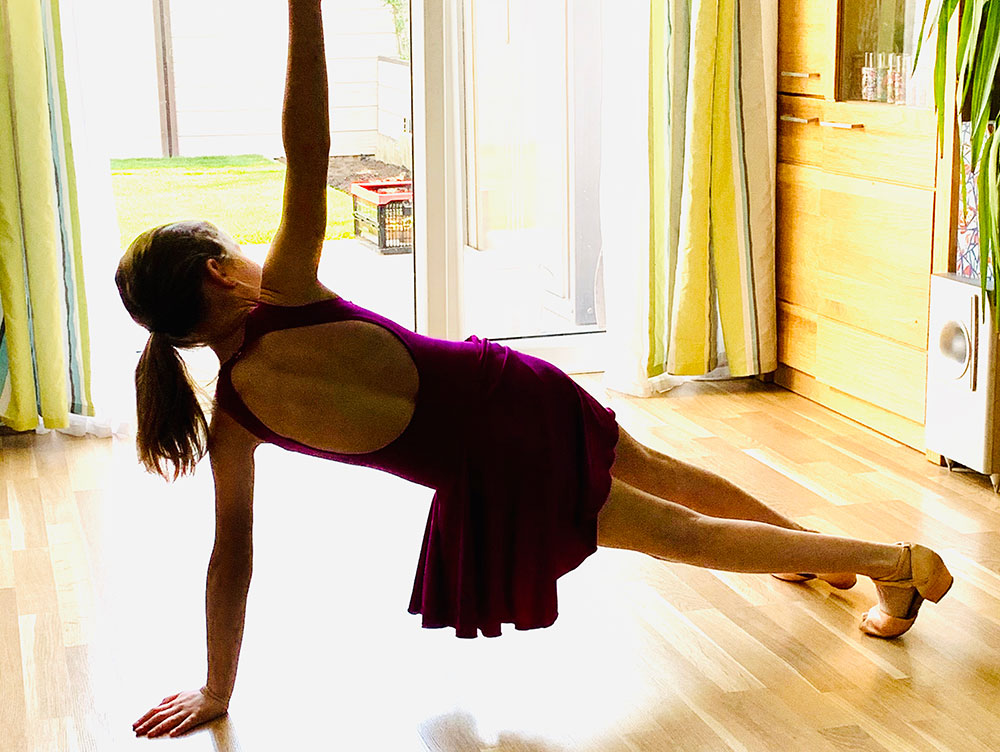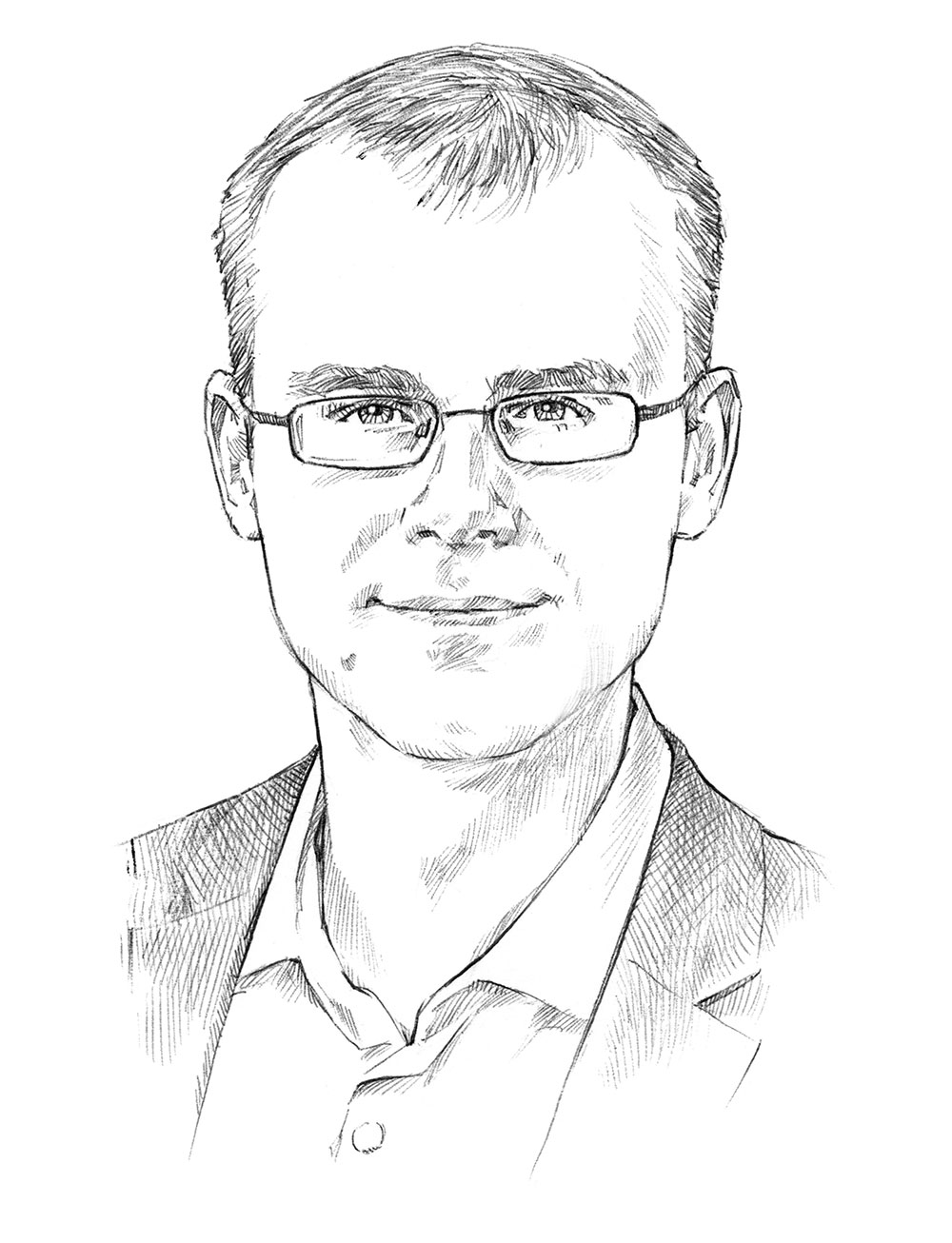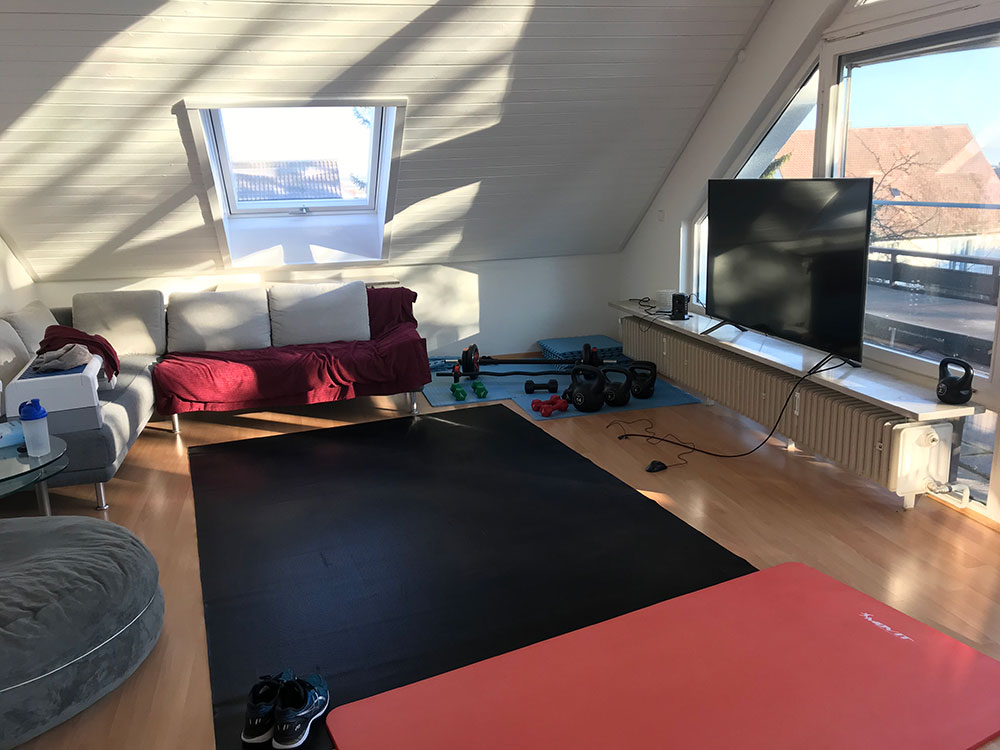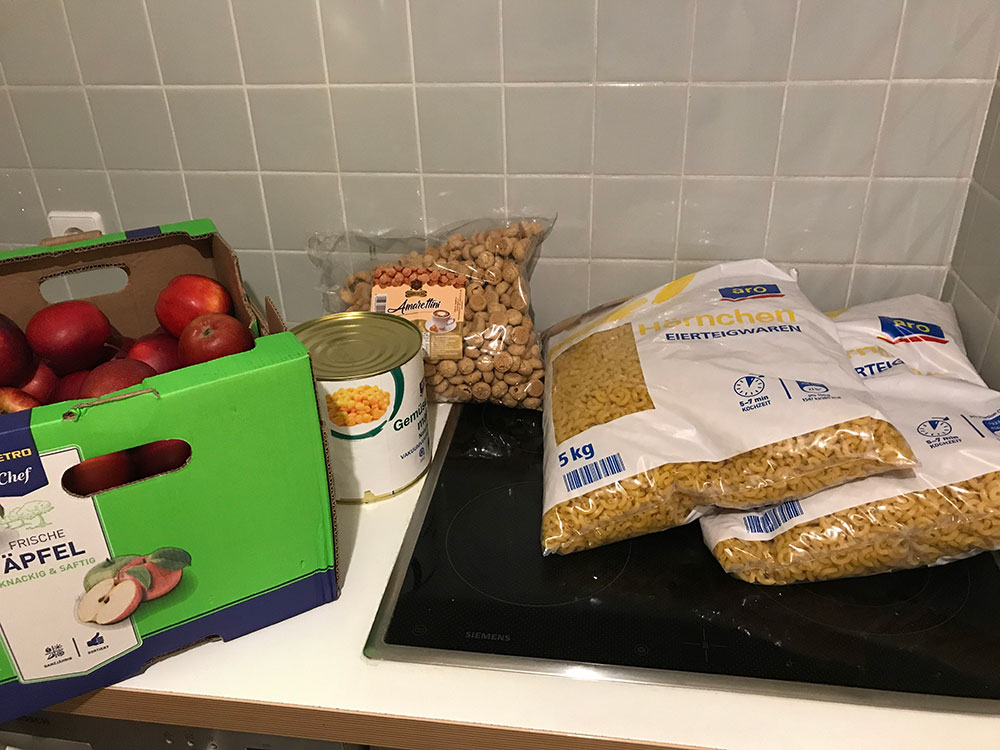“I just brought the ‘sweet’ moments home”
Anja Krüger is pleasantly surprised by how smoothly the shift to working from home went.
I am still fascinated by how fast the entire institute was able to shift to working from home without any lead time, and how well it’s working in all divisions. In the beginning, it was an immense challenge for my team and I to get ourselves set up in these changed circumstances and to coordinate our work via new tools. But everyone was immediately ready to adapt to the new situation, and everyone pulled together. Despite the switch, we have achieved so much: We have recruited new staff and, together with various stakeholders, we have worked on developing new digital processes. We can now carry out a lot of the formalities relating to new hires and employee departures from the institute online. That makes me proud, especially because, despite all the organizational and technical hurdles, we have been able to fulfill all our tasks and services for employees at all times.
The switch also worked wonderfully for me personally. Working from home improved my quality of life, making some things possible that would have been unthinkable before. As a member of the Coronavirus Task Force at Fraunhofer IAO, and as both joint project manager and lead key user for the personnel administration division in the implementation of SAP, my remit has extended into exciting new areas. However, that was often very challenging, because it involved many meetings that sometimes even took place simultaneously. That would never have worked so effectively during a normal day in the office.
However, I did realize how important it is to me to be able to see everyone involved. So any call where we have our cameras switched on always makes me very happy – it makes it easier to communicate in a more personal way. Before the coronavirus, I knew nearly every face at the institute, either through the onboarding process or through friendly, casual encounters on campus. Even if it was just that, for example, the drawer of nibbles in my office was empty and I met my coworkers on the way to the vending machine or in the canteen, these “short and sweet” encounters always made me very happy. So, I put a small tin of treats beside my laptop at home and just brought the “short and sweet” moments home. And there are also times when I need a little sugar to de-stress, so that I can refuel and keep working at full throttle.
